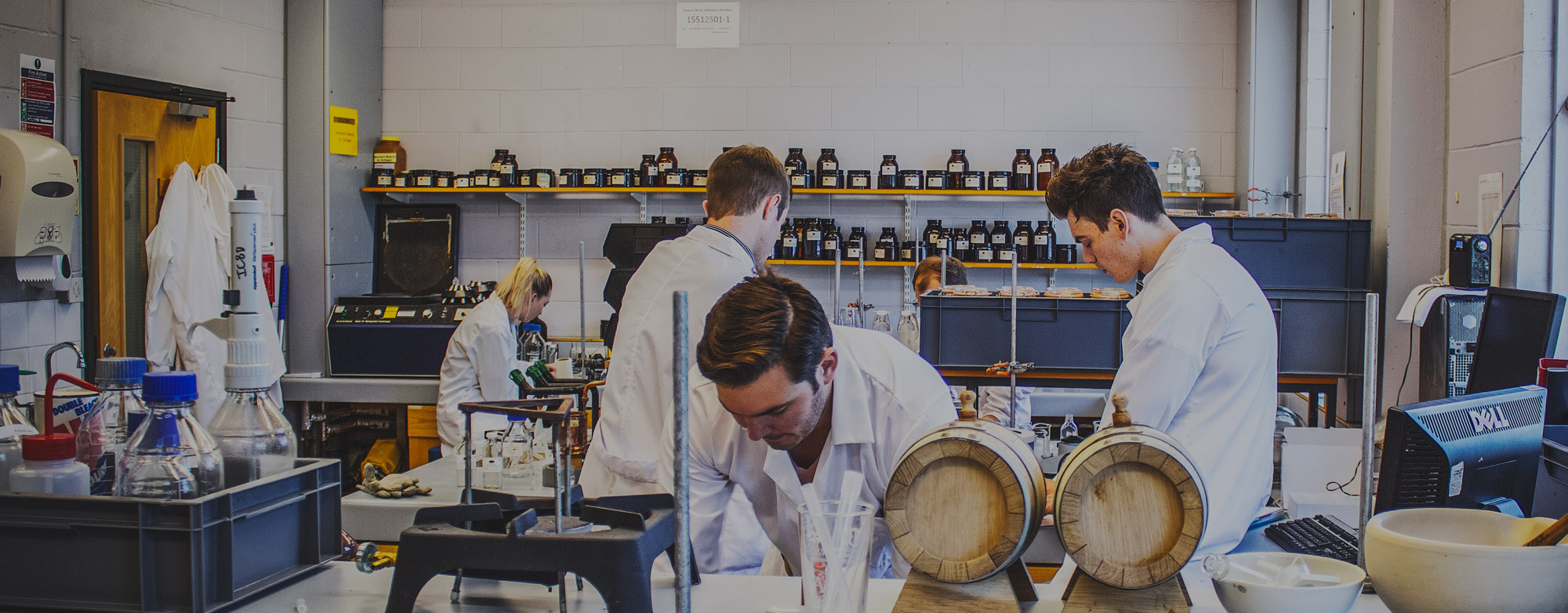
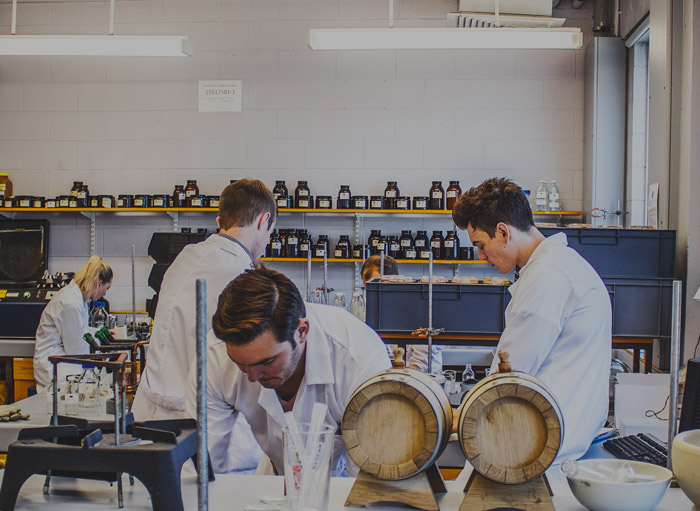


The International Centre for Brewing & Distilling (ICBD), part of the School of Engineering & Physical Sciences, at Heriot-Watt University is world renowned as a centre for excellence in brewing and distillation. With a number of courses and research programmes that focus on biochemical and microbiological aspects of brewing and distilling, especially cereals, including malting and fermentation, the ICBD has produced a number of graduates who have went on to have stemmed careers at some of the world’s best known drinks brands. We interviewed Matthew Pauley, Assistant Professor to find out more.
How did the ICBD come about?
At the time of its inception, The ICBD was formed in order to create a centre of excellence in Education, Training and Research throughout all branches of the industry. This is something we maintain in a changing and ever challenging industry.
What makes the ICBD so special?
For me it’s the fact we have been having an impact on the industry around the world since 1903… that is really special. It is this long lineage stretching back through the generations that makes me really happy to be not only a member of staff, but also an alumni of the ICBD, it’s something really quite special.
What courses are available to people considering Brewing or Distilling as a career?
As well as our undergraduate BSc, Postgraduate Diploma and MSc, there are a number of short courses out there internationally for brewing. Nottingham and UC Davis have long established courses as well as a number of short courses out there that have sprung up as part of the craft movement. It depends on how much depth you would like to go into, there is room for all on the spectrum.
Are there success stories and students the ICBD are particularly proud of?
All the students, I am proud of every one, no exceptions.
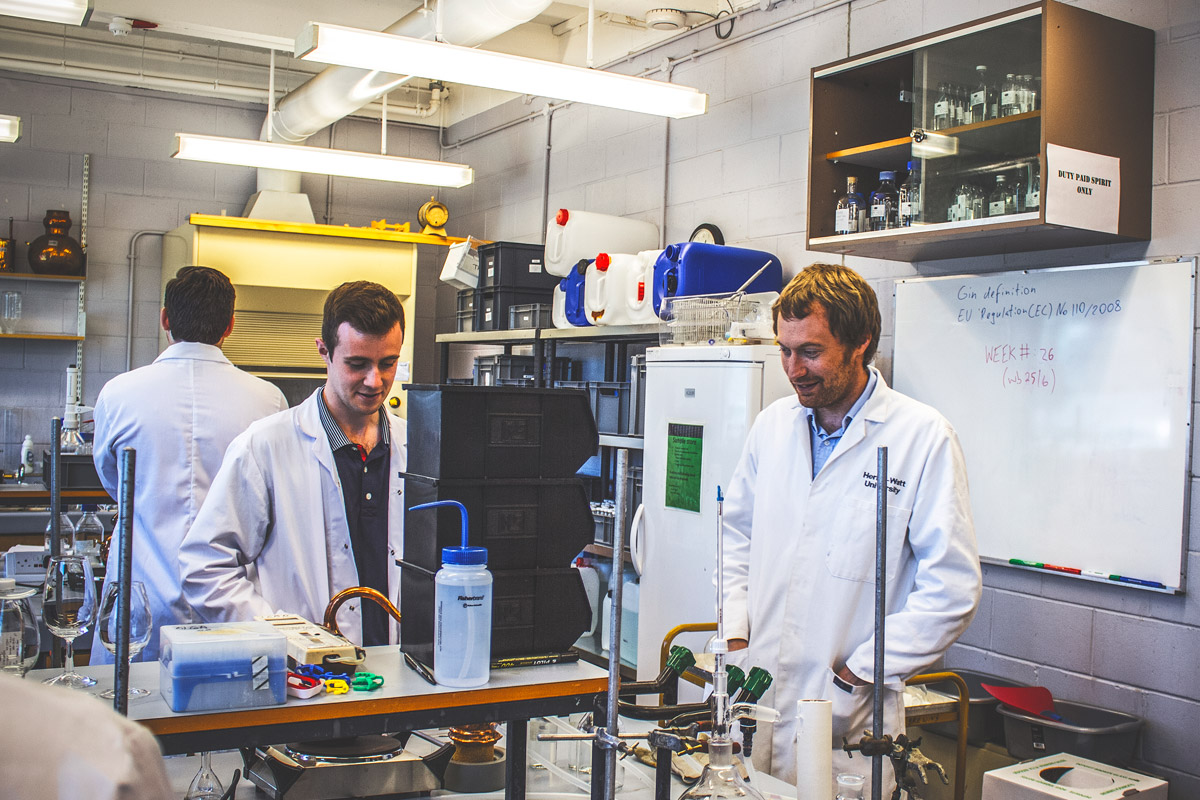
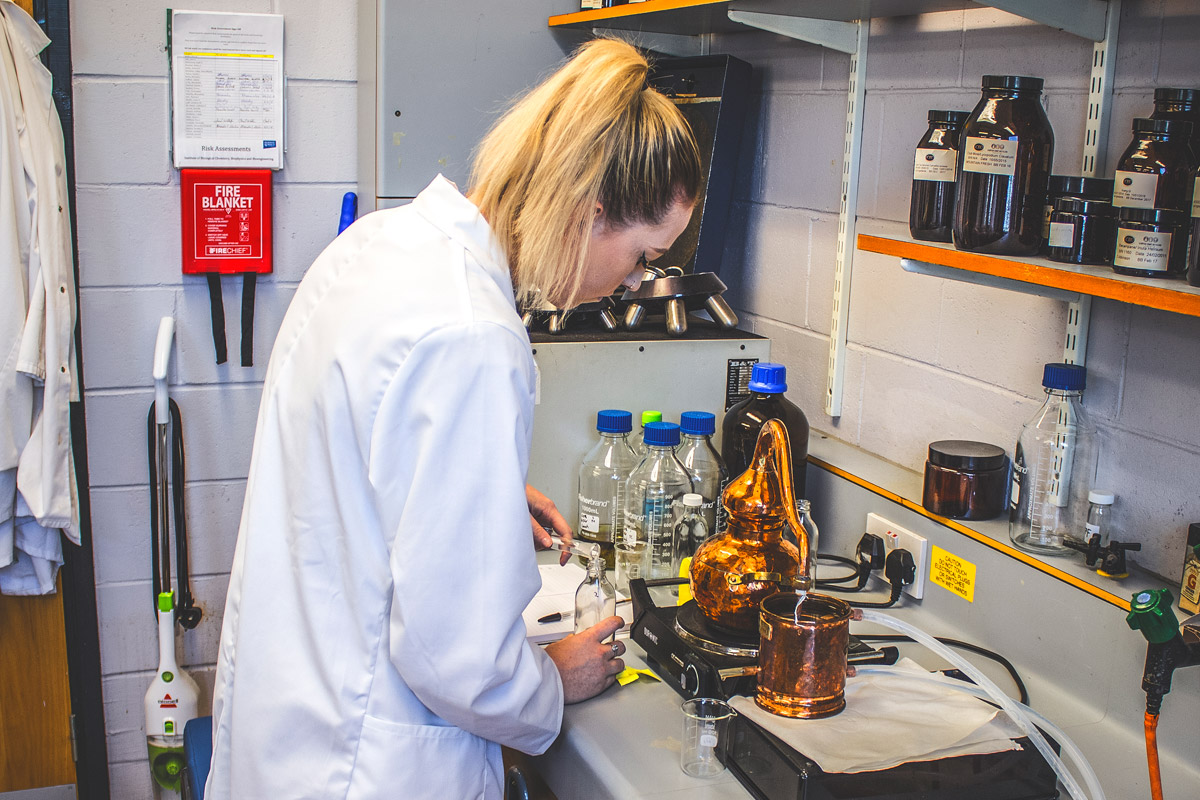
What type of research is conducted at the ICBD?
We have a diverse range of different research from PhDs in distilling, hops and fermentation through to student projects with industrial partners such as instrumental calibration and co product processing and the circular economy.
What’s the best piece of advice you could give to someone starting off their career in brewing or distilling?
My 17th birthday present was a shed. I think you can’t beat buying a cold box and having a crack at home brewing to get to grips with the elemental truths (home distilling is very much illegal not to mention dangerous if you don’t know what you’re doing).
Once you have thoroughly become acquainted with the ins and outs of full mash brewing and fermentation, maybe go and get some industrial experience with your local brewery or distillery, even if it’s tour guiding or keg washing and if you can increase you knowledge of chemistry and maths that will always help.
Then it’s time for you to come and say hello and enjoy a safe space for that level of enthusiasm about all things alcohol.
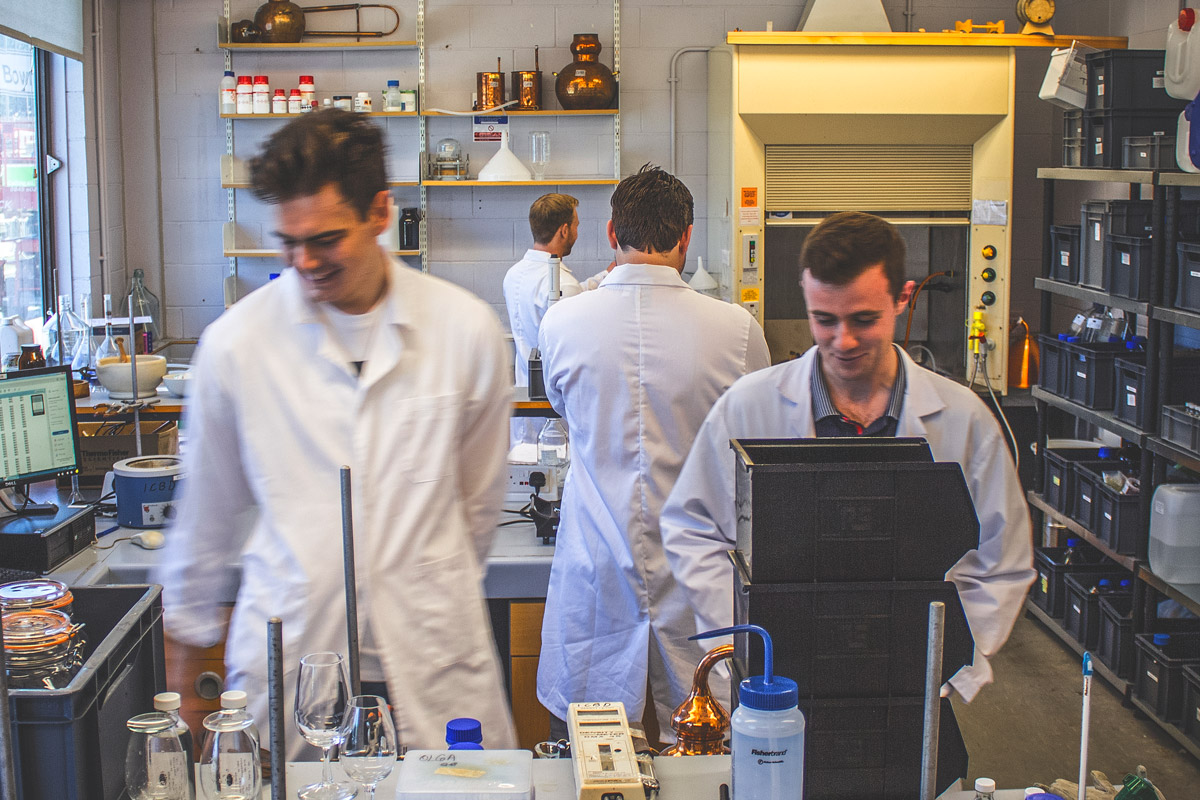

Do you think advancing technology will play a more important role in the distillation process?
I don’t think distilling is going to be untouched by the big data revolution that is currently going on and the use of data capture devices is cheaper than at any time in history, the knowledge that enables is vital to the progress of the industry.
How do the ICBD get involved in the wider spirits and business community?
Our outreach takes many forms be it working with students on industrial projects both post graduate and undergraduate through to industry sponsored PhDs , trips for the students as well as research, publications and conferences.
Which distilleries do you believe are really pushing brewing and distilling to new limits?
I feel that the limits are just starting to be pushed and the likes of Brewdog and Diageo have always got their eyes open and I have a huge respect for that.
This requires a combination of funding and acceptance of the element of risk. Both of which are in shorter supply since the financial crisis of 2008.
What are the long term plans for the ICBD?
To continue to tap into the passion of staff, students and alumni so that ICBD can continue doing what it does best.
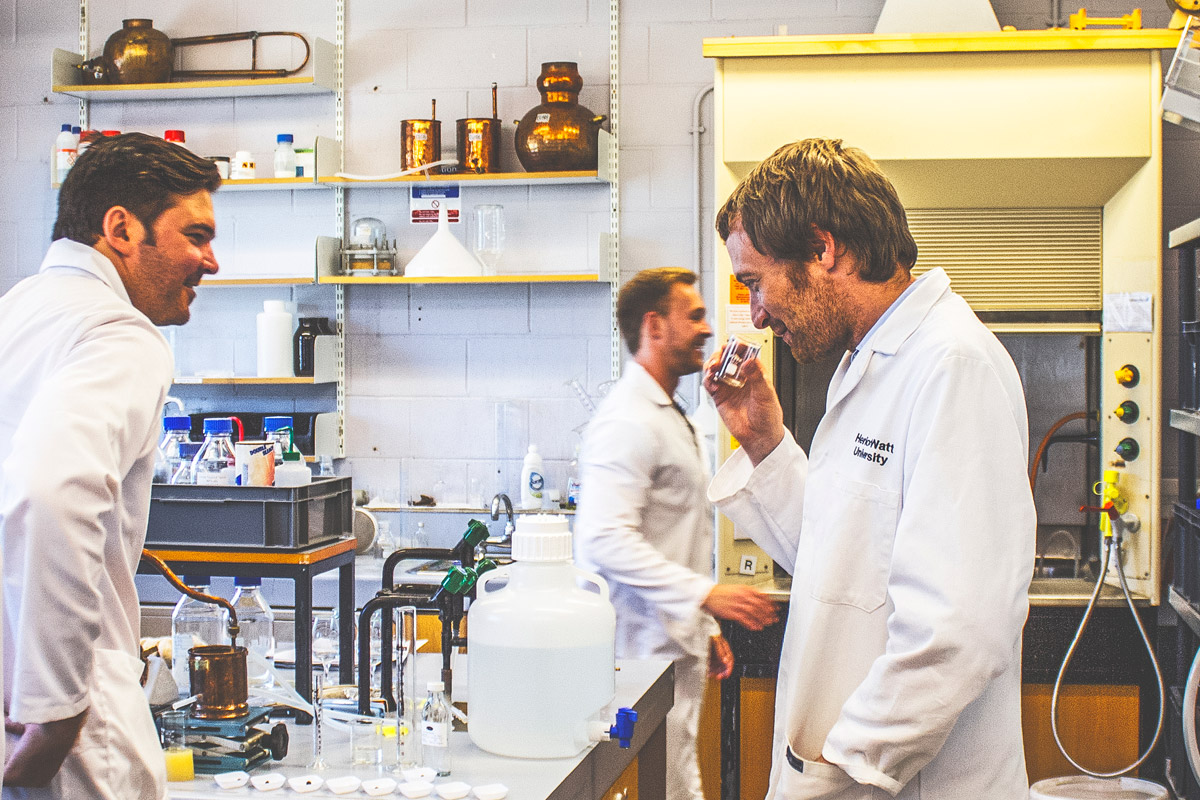
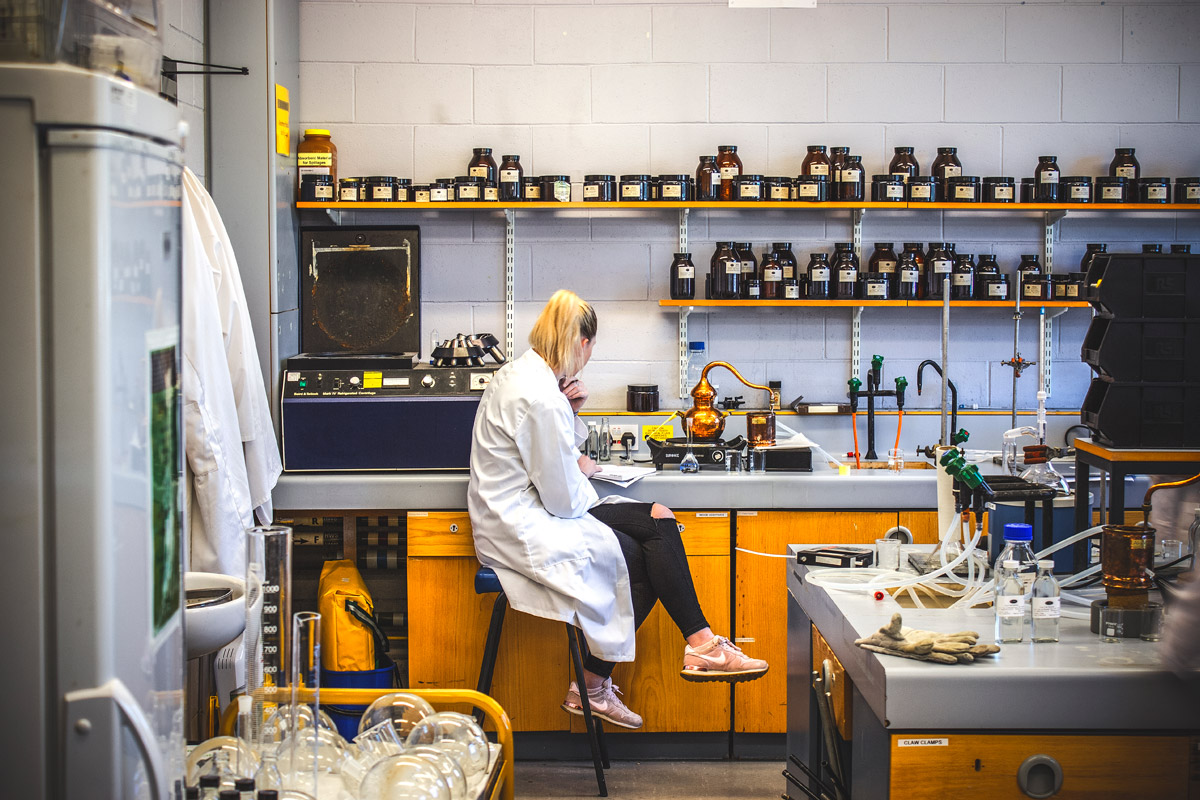
You can learn more about Heriot-Watt ICBD by visiting the links below.